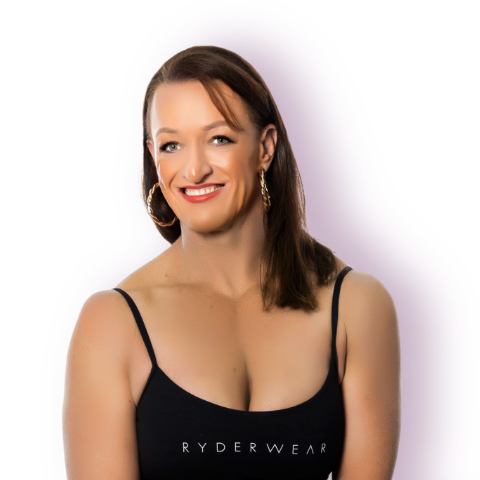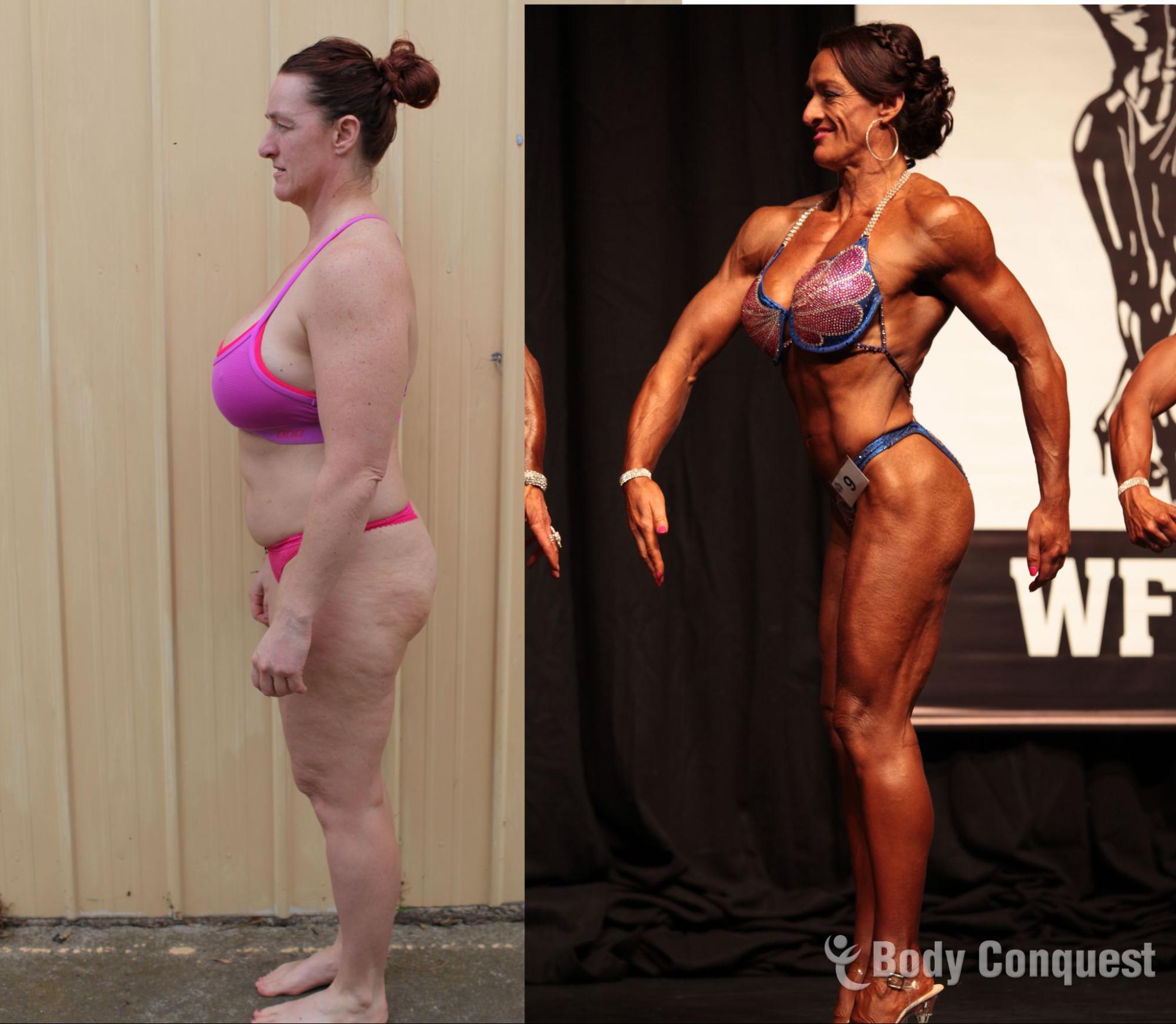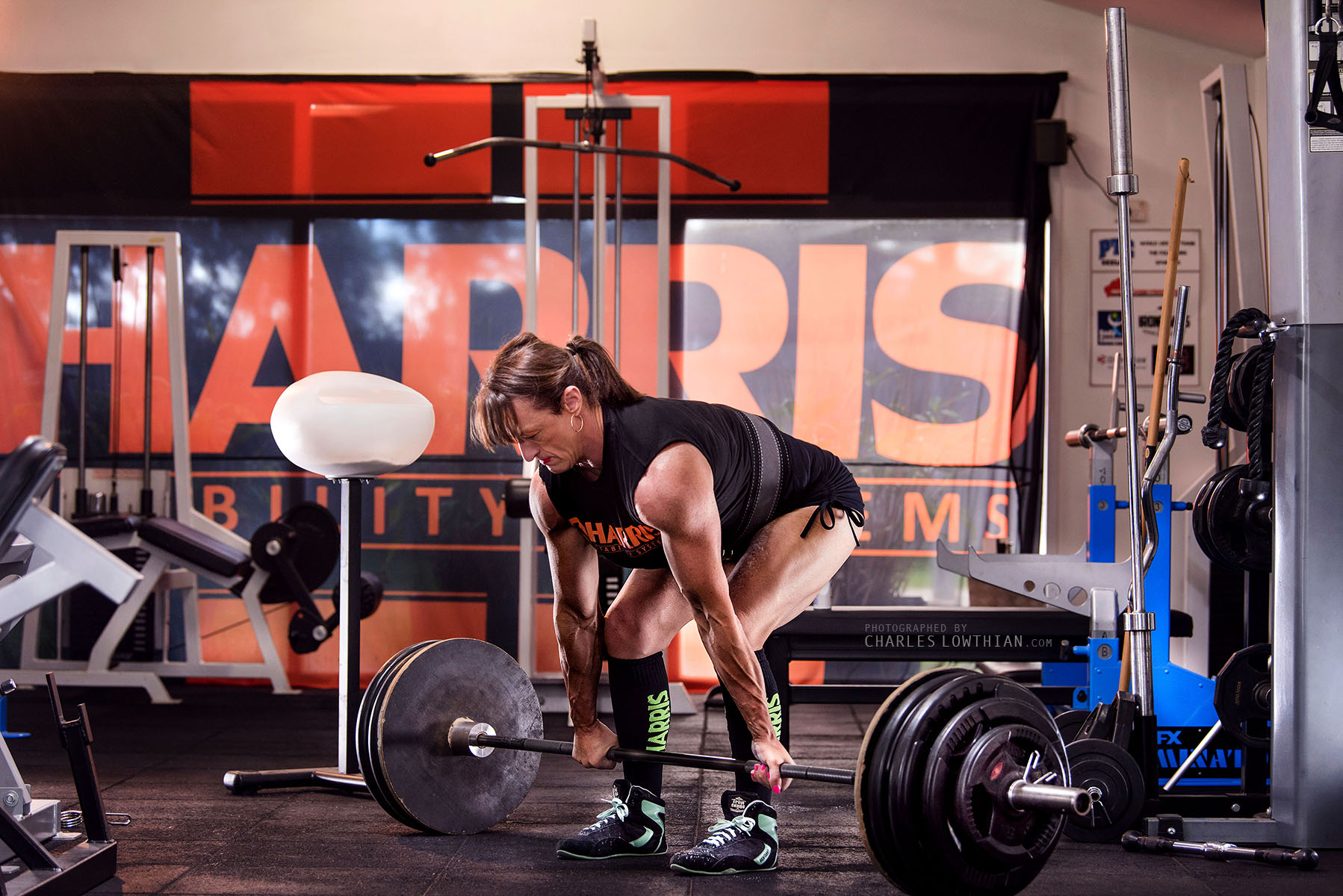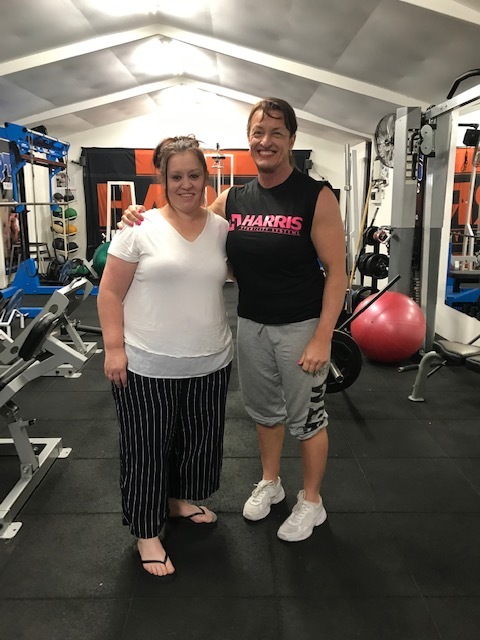An excellent body transformation specialist has a unique set of skills and is not the same as a personal trainer. A coach can be a trainer, but a trainer cannot simply be a coach. To transform other people’s bodies requires a lot more than “knowledge”. Coaching in and of itself is a specialised skill set that personal trainer courses do not even address. Hence most personal trainers and self-claimed coaches do not possess the skill set required to promote long-term behavioural change in their clients. In Part 1, I will look at qualifications – pros and cons, knowledge and how meaningful it is to be a fantastic physique transformation specialist coach and people skills and their importance.
What skills does an exceptional body transformation specialist have?
- Qualifications
Let’s deal with the qualification side of things first. I personally believe that a great transformation specialist will have a degree in human movement. This proves they have in-depth knowledge of anatomy, physiology, biomechanics, to name a few main subjects of study.
The current reality in Australia is that any moron can get certified as a personal trainer. Certification at various levels exists to basically ensure this unfortunate reality. Any certification that can be achieved with as little involvement and requirement as is current in the Fitness Industry is not worth the paper it’s written on. And in reality, these certifications often, even at the advanced level, do not mean much. As I always say, “certified does not mean qualified.”
This current certification dilemma leaves far too many wannabe coaches and trainers in the Fitness Industry lacking in the most basic elements of a coaching skill‐set which is required if you want to be a superb transformation specialist because they are coaching people.
I particularly am proud of my recomposer qualification. More so than my degree in fact. Why? Because of the criteria of recomposer to become a “specialist transformation coach”. I shall explain further. To be a recomposer specialist coach, you must pass three criteria:
- ) You must demonstrate at least a “Level 7” in practical strength in the squat, bench press and deadlift”. This ensures you walk the walk and talk the talk so to speak. You know HOW to lift and how to lift heavy, which is fundamental to physique change.
- ) You must pass the ISSN nutrition exam. Personal trainers are not qualified to dispense nutritional advice unless they hold a nutrition degree or, they sit this ISSN exam that requires tertiary standard intelligence to pass.
- ) You must perform a physique transformation on yourself. Recomposer algorithms are set up so that you cannot “just bulk up” and then lose it again to do the transformation. You get penalised for losing muscle. So, you MUST lose body fat and, at the minimum, retain it, but you will get a higher score if you GAIN muscle simultaneously.
This, in my opinion, is brilliant as it shows that your coach is credible, strong, knowledgeable, able to apply their knowledge to self and, therefore, others and is properly conversant with sports science nutritional knowledge. As well, they are good, strong lifters themselves. I myself ended up being a “level 9” specialist coach, and there is no one at level 10.
If you are a client searching for a body transformation coach, understand this. The Fitness Industry relies on the high turnover rates of clients and trainers within it in order to sustain itself. In other words, 80% of certified trainers leave the
industry within 5 years. The average trainer lasts merely 18 months in the vocation. And within this same timeframe, there is a lot of horizontal mobility of trainers jumping from one facility to another. This shows a lack of stability as well as little opportunity for advancement. There seems to be very little job or career security from being certified by various fitness institutions or organisations. The fitness industry correctly wants to ensure the competence of trainers. But the trainers are misled into believing their certification somehow represents requisite skills for lasting in the industry and moving up within it.
These are falsehoods. And this also has a tremendous impact on clients in the industry. There exists almost a total 100% recidivism rate for clients in the Fitness Industry who have achieved their goals. Whether it’s fat loss or physique transformation, the truth is even if most people actually achieve their goals, they do not sustain them even in the short term. Even consumer clients themselves are likely to move on from the Fitness Industry within a five-year period. To my mind, this high turnover rate of trainers and clients does not represent success of higher learning, accreditation and certification in the industry.
Suffice to say, I would be asking my prospective coach “what qualifications do you have” and/or “are you a recomposer specialist coach”. I place far more value on being a recomposer coach than, say, being qualified in such courses such as Precision Nutrition and Metabolic Precision because again, those qualifications do not have the above as criteria. You just have “to learn their manual” and know how to dispense it.
That is, a “trainer”, and a coach is far more superior and helpful to you and gives you a much better chance of changing from “a diet to a lifestyle”. Because I would like to think that you, the reader, are seeking permanent change?
- Knowledge
By default, having the requisite qualifications and being mentored well certainly means your potential transformation coach knows a great deal. But! Don’t get carried away or star-struck at a truck ton of degrees and qualifications as well as “apparent knowledge” often demonstrated through verbose and unnecessary language in front of you, the prospective client. See through that.
Knowledge is NOT a skill. Knowledge itself is of limited value to long term success in the fitness industry. Workshops, seminars and courses are getting more and more carried away with a never-ending litany of useless information and pseudo-science at the expense of teaching and creating insightful and original leaders who truly help the consumer base to reach and sustain their goals.
If I look back over the last three to four decades, what is considered “knowledge” in the industry has changed dramatically both the diet and training realms. And yet each era assumes with arrogance that their new way is the “right” way. After watching “right ways” come and go over decades, what I know now is that even when knowledge changes considerably, coaching and leadership skills do not. And you WANT a coach with a coach’s skill set if your change is to last you a lifetime.
- People Skills
A successful transformation specialist who has the best chance of getting you to sustain your long-term health and fitness goals is going to be more deeply connected to people skills. It is not what you know that makes you viable for a career in fitness. Trust me, if they are great at what they do they are good communicators. They will be especially good at listening. They will really hear you, hear your lifestyle, your obstacles or perceived obstacles, and they will be able to communicate back to you that you have been heard.
A wonderful transformation coach understands a client from
the position of the client. The goal is to enhance the client’s subjective experience and level of personal awareness. This takes tremendous skill and competence in the role of coach. But it also, once again, illustrates the difference between high-end coaching compared to mediocre trainer applications, which abound in the thousands here in Australia.
Within people skills your coach should work to your strengths while managing your weaknesses. A great transformation specialist will encourage a sense of mastery of performance and protocol. In this sense, encouragement is praise. A client should always be encouraged toward that sense of mastery of defined tasks and disciplines required for goal acquisition. But encouragement in the process should not be confused with praising a client merely for following instructions. This part of the application should be expected.
Warning signs when choosing a body transformation specialist
Too much “instruction” amongst personal trainers and poor coaches
This encouragement toward performance mastery can be destroyed by too much coaching interference and instruction. Too much instruction, as we see on all these industry websites, sends the wrong message to trainees. Crazy training tempos, mathematical formulas, fancy exercises and complicated equipment can be overwhelming. When put into a client protocol application, it all leads to self‐doubt, the opposite of performance mastery. Hence the lack of need to get “really fancy” with exercise prescription.
All these external cues’ emphasis on the dogmatic application and prescription of protocol only incite a perception of “right” and “wrong” for the trainee. This leads to a result of a pressure to perform rather than an understanding and mastery of the prescribed protocol and its experience. Too much instruction is faulty and unnecessary. I always coach my clients that they aren’t doing anything inherently wrong. There are just ways to improve the efficiency of performance of the exercise.
Overcoming “coaches making you their bitch”
A fantastic transformation specialist will not emphasise their coaching based on ‘demands and commands’ as this will only engender a sense of obsession and often even desperation among clients. This is usually at the expense of passion, commitment and self-expression. These are the things your specialist coach should be encouraging. Over-instruction and presentation of protocol as some kind of absolute alienate a client from even being able to feel or sense their own level of improvement or performance. Then they end up seeking coaching confirmation for whether what they are doing is “right” or not.
Praise and Criticism
Praise and critique need also be balanced as well in order to be constructive. A client may warrant critique but be in need of praise at critical times during the
application of the process and within the interactive learning environment. One such situation which tends to frequently present itself is in the diet application. So often, trainers take the attitude “just follow the f^%$g diet, and you will get where you need to go”. If only it was so easy! Then everyone would be walking around looking amazing, wouldn’t they?
But I bet you know yourself; you have probably done this. You are coasting along doing super when you suddenly and inexplicably “fall off the wagon”. Yes, there needs to be interaction as to how and why the “slip” happened. The interaction also needs to be supportive of how well a client has done up to that point. A great coach will know and do this. Most trainers and “so-called” transformation specialists berate their clients or, at the very least, don’t begin with an acknowledgement of some of their achievements thus far.
A good coach will absolutely remind you, the client, that you are human, not a robot, but also seek to see if you can come up with some solutions of ways you can handle a similar situation in the future.
When coaching is properly and dutifully dispensed, there is diplomacy and a proper balance of critique and praise. It is important to build client confidence, yes, but not false confidence. And in the coach/client relationship, there is no punishment or embarrassment to assume.
So, there is nothing wrong with you asking your prospective transformation specialist what their “coaching style” is like? Give them a scenario, like “suppose I fall off the wagon, how would you deal with me and that situation?”. Ask them the hard questions, you have every right as you are the one considering hiring them!
What to look for in a body transformation specialist
Honesty and Sincerity
I know this might seem like a tough gig to gauge when you don’t know your prospective transformation specialist, but how do they seem to come across to you? Do they seem authentic? Do they come across as relatable, sincere and caring? We all get a “vibe” from other people. Because honesty and sincerity are the backbone elements in your prospective coaching relationship. And honesty means truth.
When a coach has to forsake this element because of financial need or security, more is lost than is gained. I will give you an example. I run a “recomposition program” where the outcome is increased muscle and decreased body fat. This particular program is 12 weeks in duration, and the training is tough. By the last three weeks, the client’s central nervous system is starting to get tapped out. At the end of the 12 weeks, I always tell the client to have a week out of the gym. I call it an “active week off”. Do anything, but do not lift a weight. Now, obviously, this is not in my best financial interests, I lose out on $200-$400 that week, but that is irrelevant because it’s about the client’s needs. Not mine.
Being Honest with Time Expectations
Now this one is where the rubber hits the road, as nine out of ten “coaches” will NOT do this. They will do the complete opposite. As you are probably aware the whole fitness industry thrives on the ‘quick fix’ mentality of its consumers…… you! Stepping up and not promising a client guaranteed results or absolute goal
achievements are all about being honest and speaking the truth. Many clients may have goals that are incompatible with their lifestyles: Or, they may lack the current commitment for an existing lofty goal as well.
Allow me to give you another example. When I met Simone Manning, who kindly allowed me to share her story publicly. She came to me on the verge of having surgery. She had just had a mini-stroke, high blood pressure, high cholesterol, she was morbidly obese, weighing 96kg at 5 foot one. Her behaviours and eating patterns, and her self-belief (non-existent) plus her health contraindications all lead me to believe in under 2 minutes flat that she was ONLY a long-term proposition. I told her straight out – you need about 3 years to rehabilitate your metabolism properly once and for all. No expectations about losing x amount by x time, all that has to go, we must do things another way. And it will take 3 years. Not a sexy sell at all. But she was (thankfully) smart. She signed on, and we are 2.5 years down the track and I have a completely different woman on my hands. She is not on any medication, she has lost 25 kilograms, she got through a brain tumour last year, had a complete hysterectomy in January 2022 and competed in a powerlifting competition two weeks ago doing her third one in a fortnight. Largely due to my very direct and honest management of her expectations right from the first five minutes of our meeting. Now that is an honest coach and a smart client.
You can check out Simone’s story on my YouTube channel and see and hear her story from her view if you like.
Most “coaches” and trainers will give unrealistic timeframes. They can be met sure. But the client has virtually zero hope of sustaining the results and will only serve to wreck their metabolism even further. Thus, promoting more and more frustrations and disappointment with the client.
Not teaching you dependency
As I stated earlier, lots of personal trainers and coaches just want to extend your time with them to take care of their financial needs. However, this should not be the goal of any great coach or physique transformation specialist. If you are a true, genuine transformation specialist you will be seeking to dispense autonomy to your clients, not the other way around so that they rely on you.
I shall use an analogy I recall from Scott Abel.
Riding a Bike
By analogy, the role of a fantastic physique coach vs. a personal trainer can be explained within the context of a parent teaching a child to ride a bike. The parent does not go on and on about the working parts of the bicycle but focuses on the child “on” the bicycle. This is the difference between a coach and a trainer.
To reiterate: the trainer focuses on the bike (the workout); the transformation specialist focuses on the person (the child learning to ride). If you watch a parent teaching a child to ride a bike you witness an interactive, qualitative experience. This is obvious yet is also missing in the fitness industry 99% of the time.
One child may be afraid to fall off, another may have a more daredevil mentality; one child may have better balance and learning skills than another etc. How long the parent strolls alongside the bike and holds on to it for the child will vary in time and support. However, the goal is always to create independence. The goal is to get the child to be able to ride the bike without parental support. Once they can ride, the child no longer needs the parent’s oversight. This last sentence is what scares the modern fitness ‘expert.’ So they focus on creating client dependence so they never learn to independently ride the bike.
This is definitely not the goal of a wonderful specialist coach. He/she will strive to get their client to become “automated” with their nutrition and training as well as their mindset. So that their client is “unconsciously competent”. They know what they are doing nutrition and training-wise, but they no longer need to think about it. It’s as natural as sending blood around your body or your heart beating.
They Need to Be Able to Elicit Long-Term Behavioural Change
Obstacles block the path of many changes, but lifestyle changes seem to be the most difficult. Athletes are motivated to improve their performance. If they understand that these diet and lifestyle changes will assist with the process, they will put forth a great effort. So, if you, the reader, are choosing a transformation specialist coach because, say, you need to drop body fat to improve athletic performance, then you will be a much “easier” proposition than the average person who is say “just sick of being fat”.
It is really important for personal trainers and coaches to recognise that food is more than just a mode of transportation for nutrients to the body. Food is fuel is a wonderful CORE BELIEF but…. We must also consider that it is the centre of many religious and cultural celebrations and is often linked to significant family memories, both good and bad. Most personal trainers and/or transformation specialists do not factor such things into their “diet plans”. Again this comes back to not being client-focused. And they must be to be great at their jobs.
Food has been used for reward and punishment and may represent a powerful emotional concept to some individuals. Sometimes, emotional barriers to lifestyle changes must be overcome. I personally feel that the “new athlete” should be involved in the process to set their own goals for gradual change as this helps to secure commitment and ensure effective change. Being able to help with long-term behavioural change is imperative to being one of the best transformation specialists, and this often stems from core beliefs and issues such as low self-worth, low self-confidence, and low self-esteem. Now each of those three things is very different. Most trainers won’t even know that, let alone how each of those three things shapes behavioural change.
So, I would be asking the question – “how do you teach clients not to emotionally eat?”. See what their response is to this question. Because it’s not in the knowing what to do, it’s in the application of it, and this is where most specialists are not well-equipped.
Ask them for some social proof of their maintainers. Not just their transformations – as anyone can white-knuckle a program for 12-24 weeks and have a spectacular change. But where are they three years later? Does your prospective transformation specialist have proof of their long-term success?
I shall leave it there. I haven’t touched upon numerous other things that I would be looking for, but that is enough for Part 1. I shall blog part 2 in the coming fortnight and place it up for you to continue reading.




Excellent article. Again such a wealth of information. Love reading your stuff.